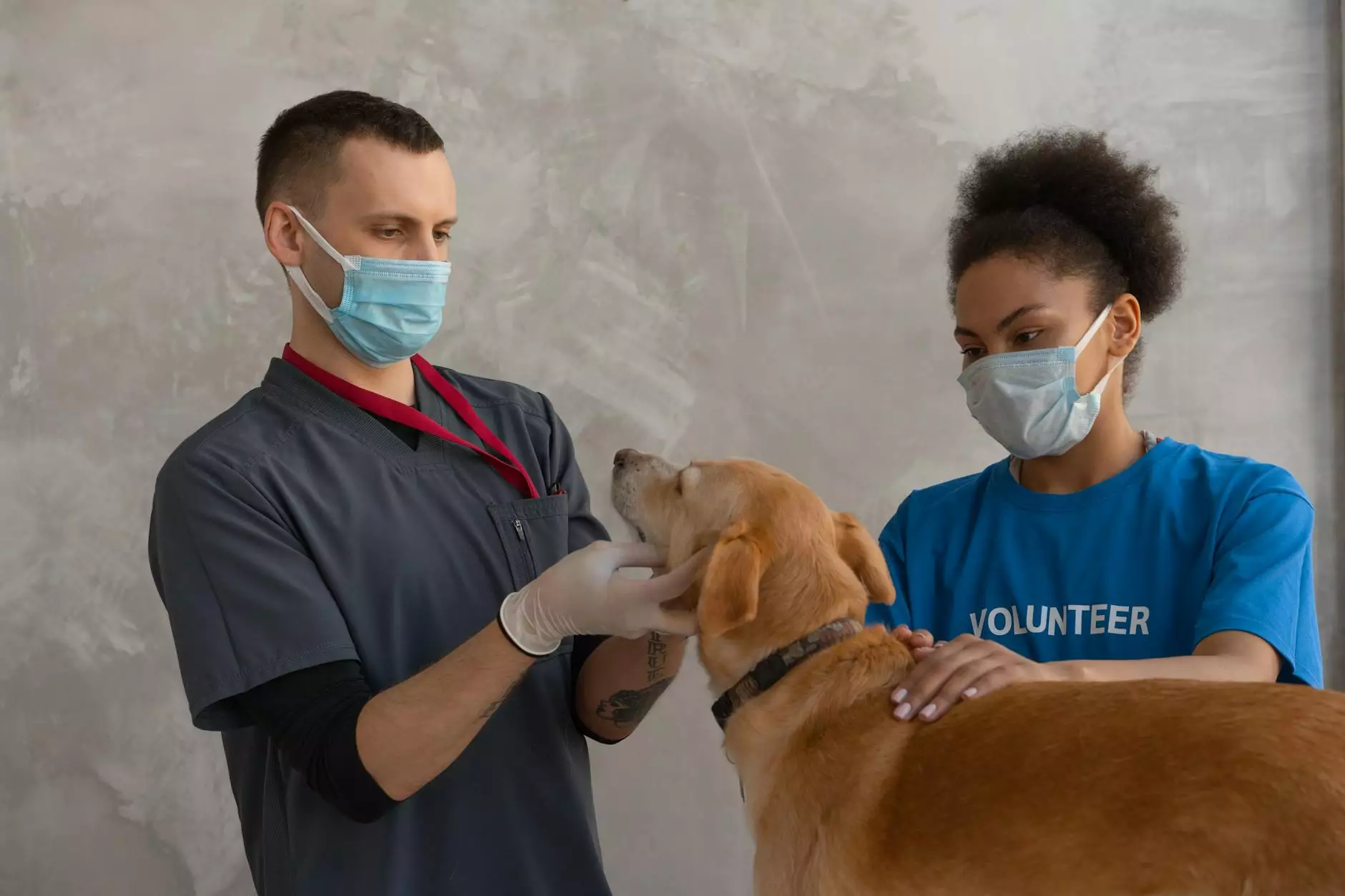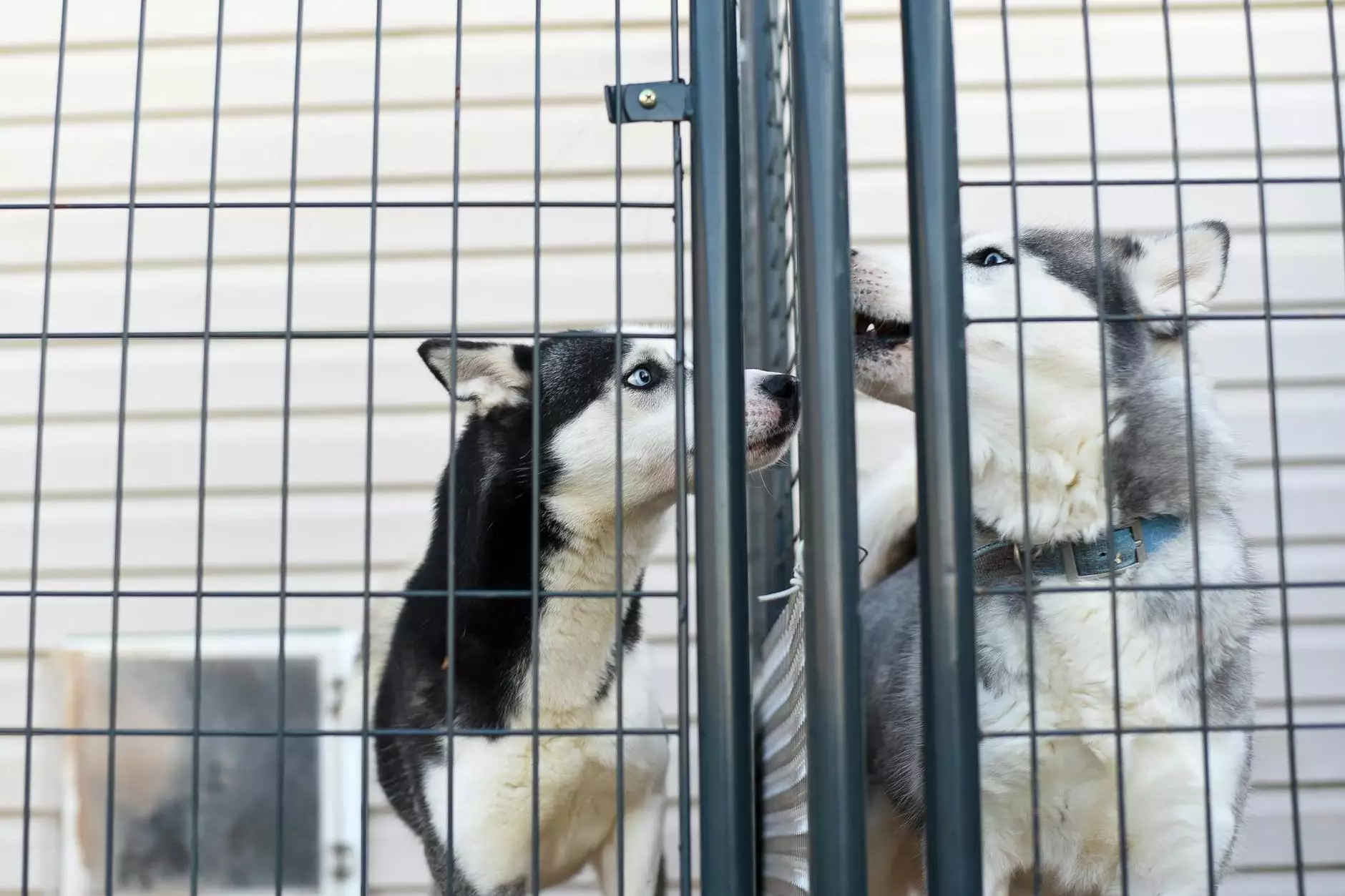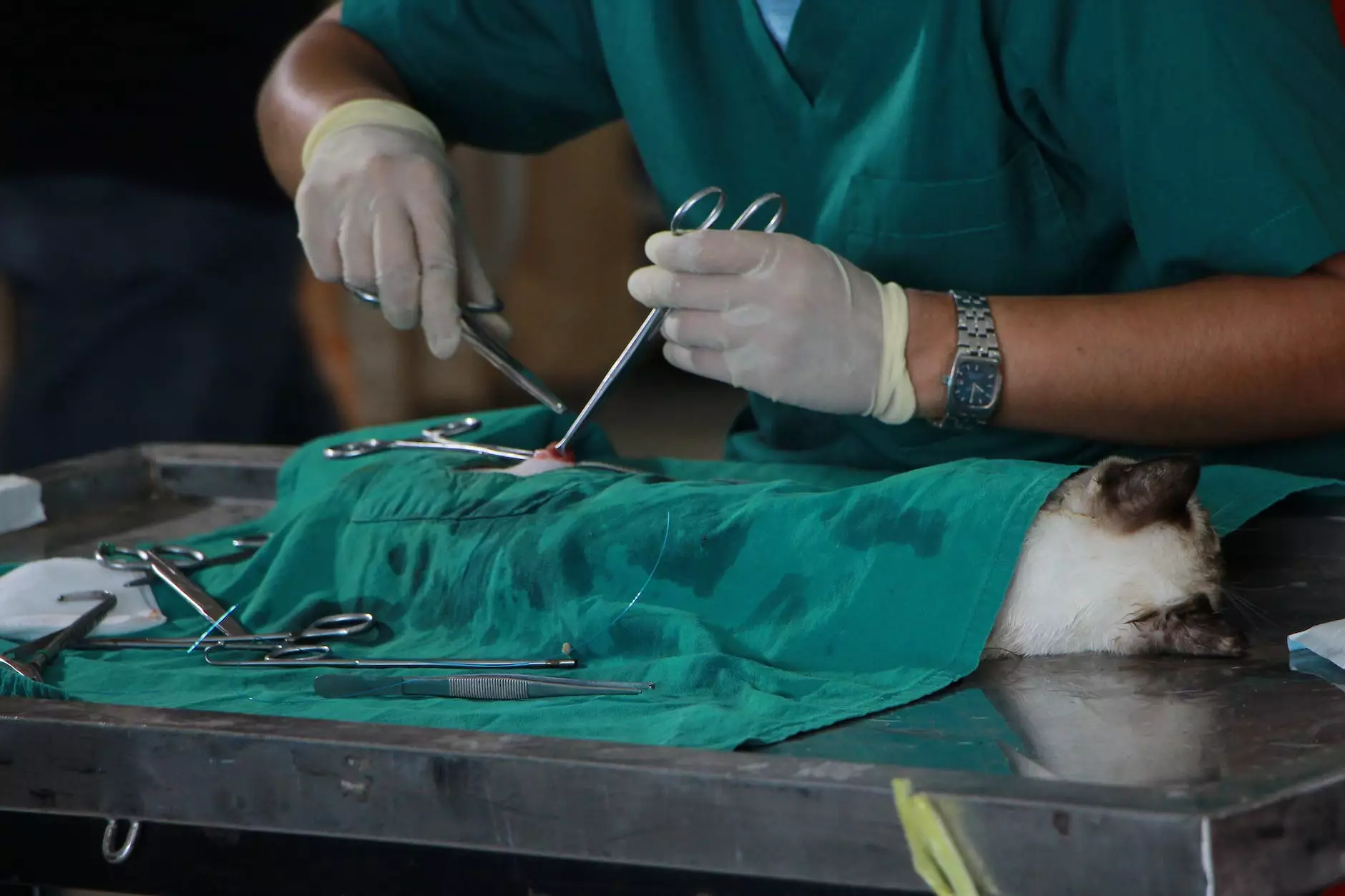Should I Get My Indoor Cat Vaccinated?
Blog
Introduction
Welcome to Rosey Dog Care, your go-to resource for all your pet care needs. While our name may suggest we focus primarily on dogs, we understand the importance of providing comprehensive care for all pets, including cats. In this article, we'll explore the question of whether you should get your indoor cat vaccinated and shed light on the crucial role vaccinations play in maintaining your cat's health and well-being.
The Importance of Vaccination
Vaccinations are essential for all cats, regardless of whether they primarily live indoors or venture outside. Indoor cats may have a lower risk of exposure to certain diseases compared to their outdoor counterparts, but they are still susceptible to many common feline diseases. Vaccines are designed to stimulate the immune system to recognize and defend against specific diseases, preventing them from causing severe illness or even death.
Common Diseases
Even though your indoor cat may not come into direct contact with other animals or enter outdoor spaces, there are several diseases that can still pose a threat:
- Feline Panleukopenia (FPV): Also known as feline distemper, FPV is a highly contagious and potentially fatal viral disease. It can spread easily through contact with infected surfaces, contaminated objects, or even fleas.
- Feline Viral Rhinotracheitis (FVR): FVR is a respiratory infection caused by the feline herpesvirus. It can lead to severe respiratory distress, eye damage, and other complications.
- Calicivirus: This respiratory infection causes symptoms such as oral ulcers, fever, and sneezing. It can be particularly severe in kittens or cats with weakened immune systems.
- Feline Leukemia Virus (FeLV): FeLV is a contagious viral infection that suppresses the immune system, making cats more susceptible to other diseases and increasing the risk of certain types of cancer.
The Risks of Outdoor Exposure
While your cat may spend its days indoors, it's important to remember that accidents happen, and curious felines have a way of finding their way outside. Cats are known escape artists, and a momentary lapse in attention can lead to an unexpected outdoor adventure. Without proper vaccination, your cat may become vulnerable to a wide range of diseases such as:
- Rabies: Rabies is a deadly viral disease that affects the central nervous system. It can be transmitted through the bite of an infected animal, including wild animals or unvaccinated cats. Vaccination is the most effective way to protect your cat against this life-threatening disease.
- Feline Immunodeficiency Virus (FIV): FIV is a lentivirus that attacks and weakens the immune system over time. Outdoor cats have a higher risk of encountering infected cats, especially through territorial disputes and mating behaviors.
Consulting Your Veterinarian
When it comes to making important decisions about your cat's health, it's always best to consult your veterinarian. They have the knowledge and expertise to assess your cat's specific needs based on factors such as age, lifestyle, and potential risks. Your veterinarian can recommend a tailored vaccination schedule to ensure your indoor cat receives the necessary protection against preventable diseases.
Conclusion
While it may seem counterintuitive to vaccinate an indoor cat, the reality is that vaccination is a vital part of responsible pet ownership. By choosing to vaccinate your indoor cat, you're not only safeguarding their health but also contributing to the overall welfare of the feline population. Visit Rosey Dog Care today for more information on cat vaccinations and other essential pet care topics.




